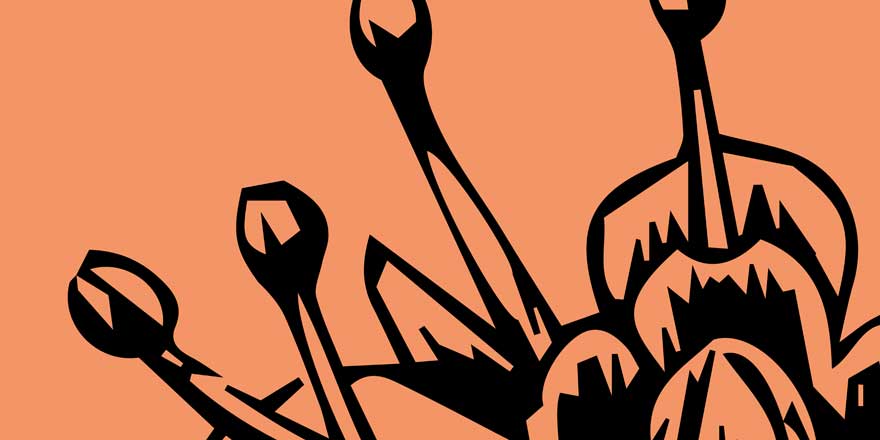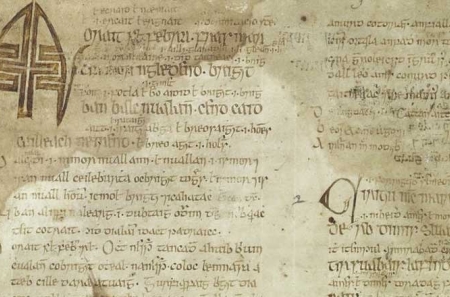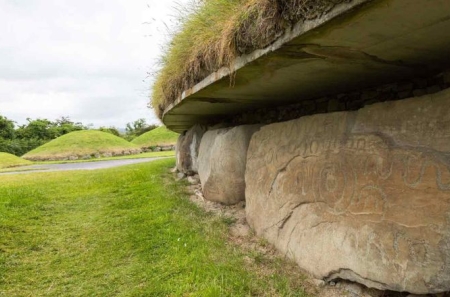
Shelfmarks with Neil Hegarty
03 December 2021This week is the final episode of Shelfmarks and in it Zoë explores the life and work of chemist Richard Kirwan (President of the RIA 1790-1812)
Shelfmarks is a podcast by the Royal Irish Academy podcaster-in-residence Zoë Comyns. Every other week Zoë will sift through the Academy collection for Shelfmarks (biographies, manuscripts, books and reference from the collection) and invite a guest writer to discuss their own relationship with the natural world. Writers include Amanda Bell, Kerri Ní Dhochartaigh, Manchán Magan, Siobhán Mannion, Jane Clarke and Neil Hegarty. Each writer has been specially commissioned to write pieces exploring their own relationship with nature.
Shelfmarks goes live on Sundays and episodes are available on SoundCloud, Spotify and Apple Podcasts.
In this final episode of Shelfmarks, Zoë explores the life and work of chemist Richard Kirwan (President of the RIA 1790-1812). Richard Kirwan is often remembered for his peculiar habits but should be remembered as the first person to record accurate meteorological records taken in his garden in Dublin in the 1790/1800s. His study of the weather paved the way for more scientific studies of climate and the weather. He had grave personal concern about the weather and an overwhelming fear of the cold.
The guest writer on this week’s podcast is Neil Hegarty. Neil grew up in Derry. His novels include The Jewel, published in 2019; and Inch Levels, which was shortlisted for the Kerry Group Novel of the Year award in 2017. Other titles include Frost: That Was the Life That Was, a biography of David Frost; and The Story of Ireland, which accompanies a BBC-RTE television history of Ireland. His essays and short fiction have appeared in the Dublin Review, Stinging Fly, Tangerine and elsewhere; and he is a regular literary reviewer for the Irish Times and Dublin Review of Books.
Zoe and Neil chat about his garden, the human imprint on the planet (the Anthropocene) and how the weather has a significant part to play in our everyday. Neil writes about a visit to Derry with his father and getting caught up in a band of rain.
‘When I was last in Derry – in my home place – for the weekend, I spent a good deal of time watching the weather. Nothing strange about this, of course – it’s the Irish way, of a piece with checking what we should wear, pack, bring with us as we venture forth. An umbrella, a coat with a hood, light shoes or heavier shoes: glance up and out at the weather, and work with the grain of the day.’
He takes us on a trip to the Lough Foyle Sloblands and explores the ways in which the current climate crisis has created an urgency in his writing.
'These landscapes were enclosed by the Victorians: the water is held back by high sea walls, turfed on one side and stone on the other: on one side, the wide and shallow and silver-grey waters of the lough; on the other, rich, black soil, and flat polder lands threaded by drainage channels. A Dutch landscape, expansive and unexpected in Ireland.'



